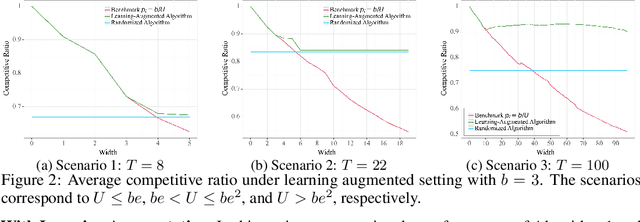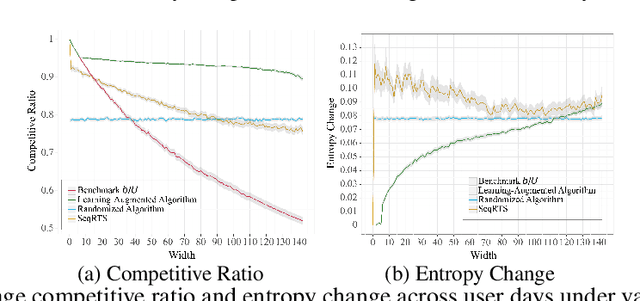Online Uniform Risk Times Sampling: First Approximation Algorithms, Learning Augmentation with Full Confidence Interval Integration
Paper and Code
Feb 07, 2024



In digital health, the strategy of allocating a limited treatment budget across available risk times is crucial to reduce user fatigue. This strategy, however, encounters a significant obstacle due to the unknown actual number of risk times, a factor not adequately addressed by existing methods lacking theoretical guarantees. This paper introduces, for the first time, the online uniform risk times sampling problem within the approximation algorithm framework. We propose two online approximation algorithms for this problem, one with and one without learning augmentation, and provide rigorous theoretical performance guarantees for them using competitive ratio analysis. We assess the performance of our algorithms using both synthetic experiments and a real-world case study on HeartSteps mobile applications.
 Add to Chrome
Add to Chrome Add to Firefox
Add to Firefox Add to Edge
Add to Edge